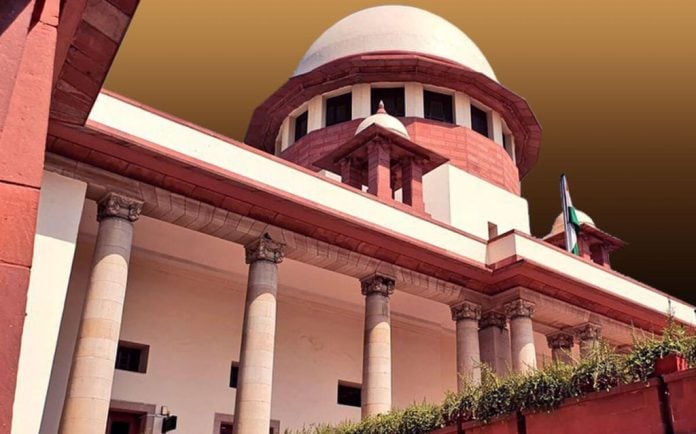The Supreme Court on Thursday ruled that Election Commissioners will now be appointed by the President of India on the advice of a Committee consisting of the Prime Minister, the Leader of Opposition in the Lok Sabha (or leader of the largest opposition party), and the Chief Justice of India.
The landmark judgment, which will change the way elections are held in India, was passed by the Constitution Bench of Justice K.M. Joseph, Justice Ajay Rastogi, Justice Aniruddha Bose, Justice Hrishikesh Roy and Justice CT Ravikumar on a batch of petitions seeking reforms in the process of appointment of members of the Election Commission of India.
The Apex Court, while observing that any process which sought to improve the election process before this Court must be considered, ruled that the practice would remain in force till a law in this regard was made by the Parliament.
It noted that the Election Commission was duty bound to act in a fair and legal manner and to abide by the provisions of the Constitution and the directions of the Court.
The top court of the country said that democracy, which inexplicably intertwined power to the people, also facilitated the peaceful revolution in the hands of a common man, if held in a free and fair manner.
The Apex Court noted that the Election Commission should remain aloof from all forms of subjugation by the executive. It suggested cutting off financial support as one of the measures to ensure this. The Bench further said that a vulnerable Election Commission would result in an insidious situation and would detract from its efficient functioning.
It further said that democracy could only succeed if all stakeholders worked on it to maintain the purity of the election process and reflect the will of people.
It, however, expressed regret over the impartiality of media in the present times, stating that a large section of the media had abdicated its role and become partisan.
The Apex Court noted that the conduct of a government had to be fair in a democracy, as the ends could not justify the means.
The Bench directed the government to make necessary change with regard to funding of the Election Commission from the Consolidated Fund of India and the need for separate Secretariat.
It further ruled that removal of Election Commissioners would be made only on the recommendation of the Chief Election Commissioner. The grounds for removal of other Election Commissioners should be same as the Chief, added the top court of the country.
Batting for the independence of the Commission, the Supreme Court said the ECI could not claim to be independent and then act in an unfair manner. A person in a state of obligation to the state could not have an independent frame of mind, while an independent person would not be servile to those in power, it noted the top court of the country.
Justice Rastogi, in his concurring opinion, said the grounds of removal of Election Commissioners should be the same as that of the Chief Election Commissioner.
The Apex Court observed that its concern was to ensure that the persons appointed were above politics.
During the hearing, the top court of the country had questioned the Union Government for clearing the appointment of Arun Goel as one of the Election Commissioners at a ‘lightning’ speed, even as the hearing was underway in the top court of the country.
The Bench directed Attorney General R. Venkataramani to produce the files related to the appointment of Arun Goel.
The matter was referred to the Constitutional Bench after a Division Bench of the Apex Court observed that ‘a close look and interpretation of the provision of Article 324 of the Constitution of India’, which stated that superintendence, direction and control of elections to be vested in the Election Commission, may be required.
Read order below:
1458_2015_3_1501_42634_Judgement_02-Mar-2023

